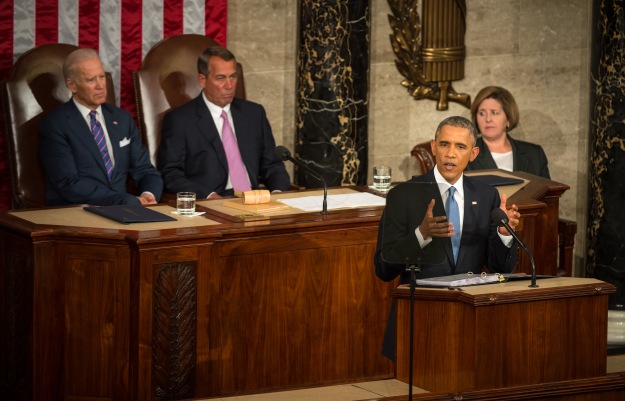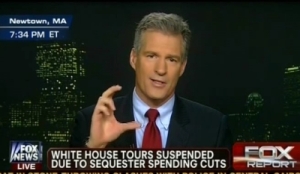NEW YORK — Tracking “remote control terrorism,” showing climate change’s impact and following readers’ shifts to mobile devices were panel highlights at last weekend’s Columbia Journalism School reunion.
Top reporters stressed the so-called Islamic State’s ability to innovate, forge social media connections and take “credit” for terrorist attacks it didn’t plan.
NPR counterterrorism expert Dina Temple-Raston noted that while U.S. anti-terrorism efforts are a “matrix,” ISIS keeps experimenting and improving their outreach to alienated youths.
“Don’t over-ascribe associations” between ISIS and every case of violence, she said. “But they’re very careful to take credit” for such incidents.
Washington Post reporter Abigail Hauslohner expanded on that. “An obsessive focus on ‘who gives the orders’” for a terrorist attack misses the point, she said. You can find “inspiration online.” You don’t have to go to Yemen for training.
“The remote-control terrorist” is a new phenomenon, said Fox News chief intelligence correspondent Catherine Herridge. With social media, today’s teenagers can have “one-on-one intimacy” with ISIS recruiters without the need for face-to-face contact.
A former Al Jazeera English producer and host, Ahmed Shihab-Eldin, said that framing the war against terror as a “clash of civilizations plays into ISIL’s hands. Two to three weeks of incessant texting” can convince alienated youths to adapt terrorism as a way of defending their culture.
It’s not easy being green
Climate change is a concept that’s hard to grasp. But its effects are real, and ClimateWire editor John Fialka tries to deliver the message through stories that use popular-culture references.
An example this week cites “Game of Thrones”: “As fans well know, winter is coming. But they might not realize some people are using the HBO megahit’s catchphrase to spark a conversation about shifting weather patterns brought about by climate change.”
Former Associated Press environmental journalist Dina Cappiello said the topic is underreported because “politics dictates where the coverage goes.” Now with a public relations firm, she said 2016 presidential voters will focus on health care, the economy and their own jobs — not on the environment.
Serving the mobile audience
How to give time-starved mobile device clickers both what they need to know and what they want to know?
Lydia Polgreen, New York Times deputy international editor, said her paper’s “future lies in figuring out what 20 stories each reader wants to know.”
She said the Times hopes to provide a personal and a general experience. The challenge is how to preserve the serendipity of riffling through the paper and finding interesting stories about random topics — while giving them what they need to know.
Bill Kirtz is an associate professor of journalism at Northeastern University.



 Emily Rooney is taping the intro to a segment of WGBH-TV’s new local public-affairs show, Greater Boston. Or trying to, anyway. It’s been a long day. Her feet are killing her. And her first few attempts at hyping an interview with Charles Murray, the controversial academic who’s currently promoting his new book on libertarianism, haven’t gone particularly well.
Emily Rooney is taping the intro to a segment of WGBH-TV’s new local public-affairs show, Greater Boston. Or trying to, anyway. It’s been a long day. Her feet are killing her. And her first few attempts at hyping an interview with Charles Murray, the controversial academic who’s currently promoting his new book on libertarianism, haven’t gone particularly well.



